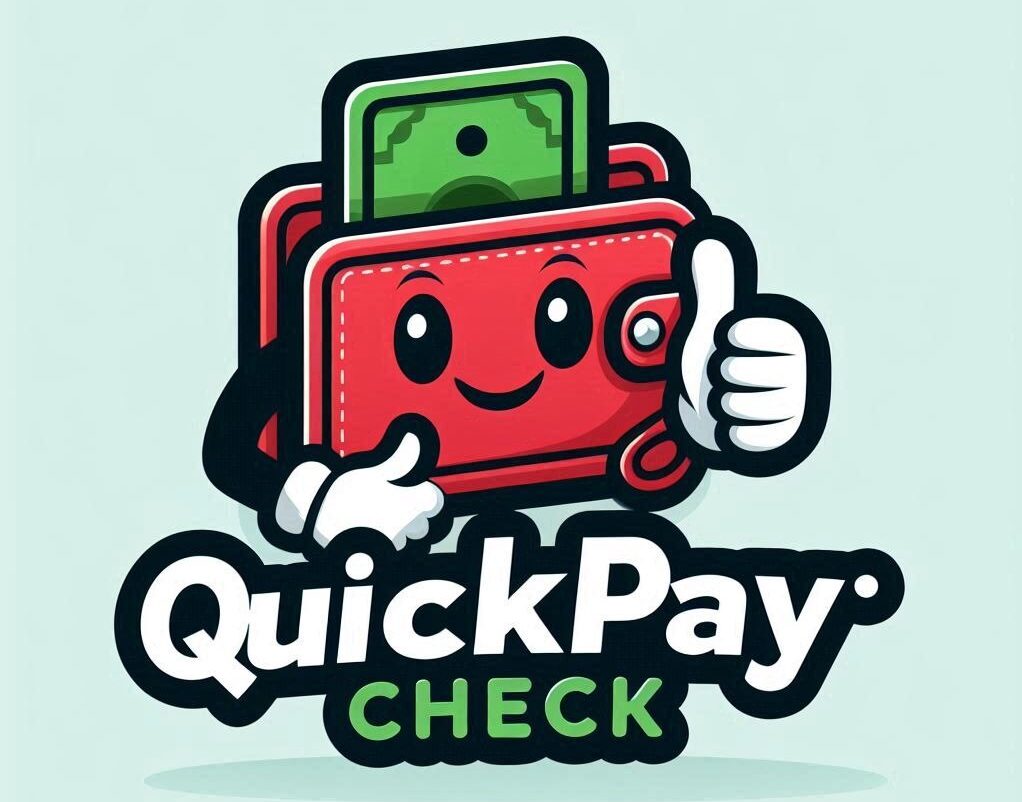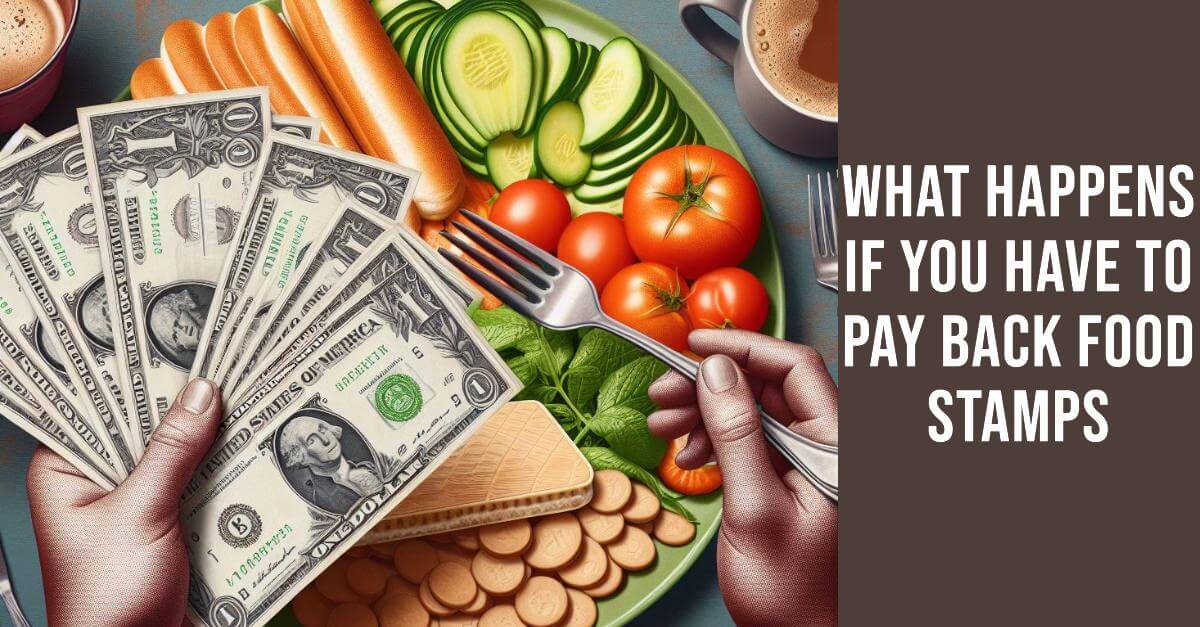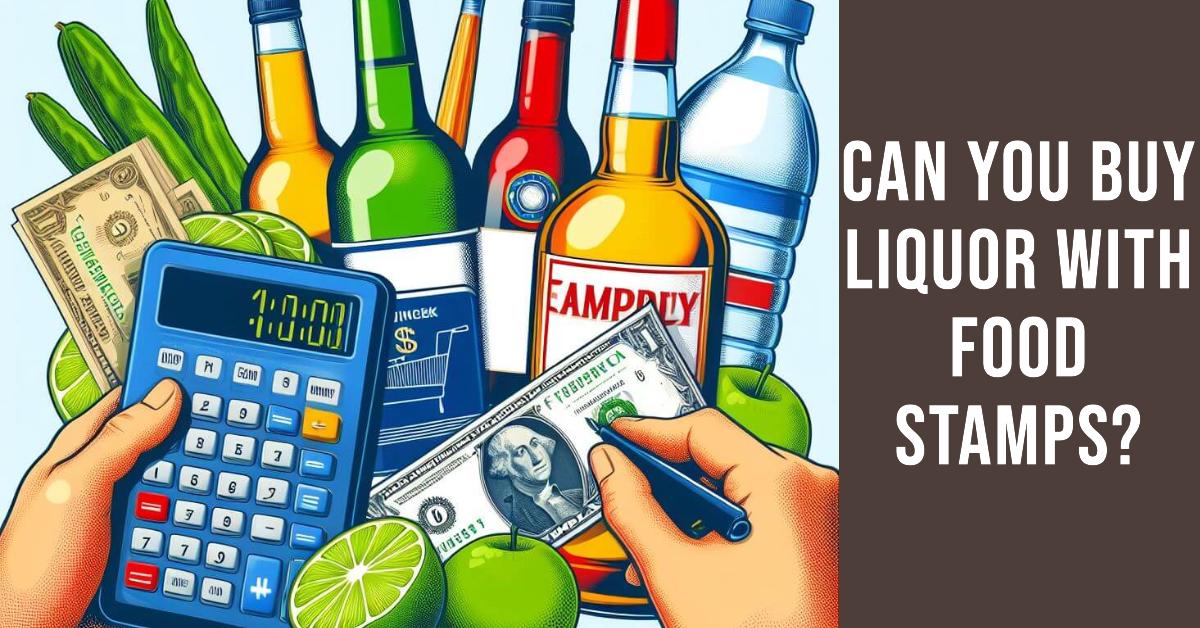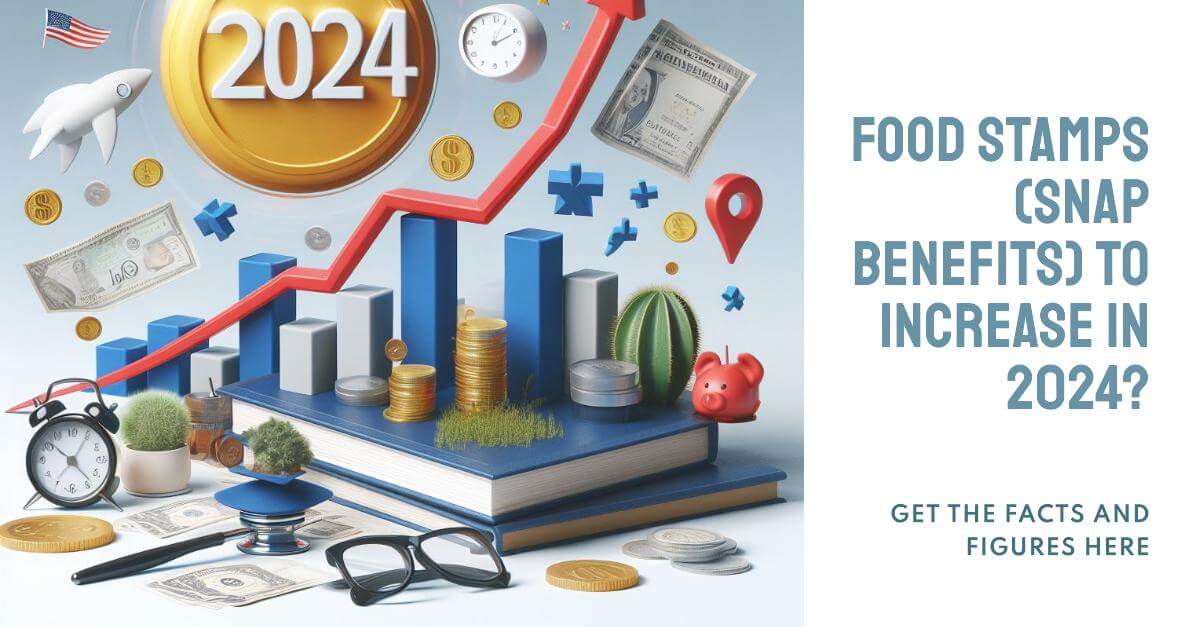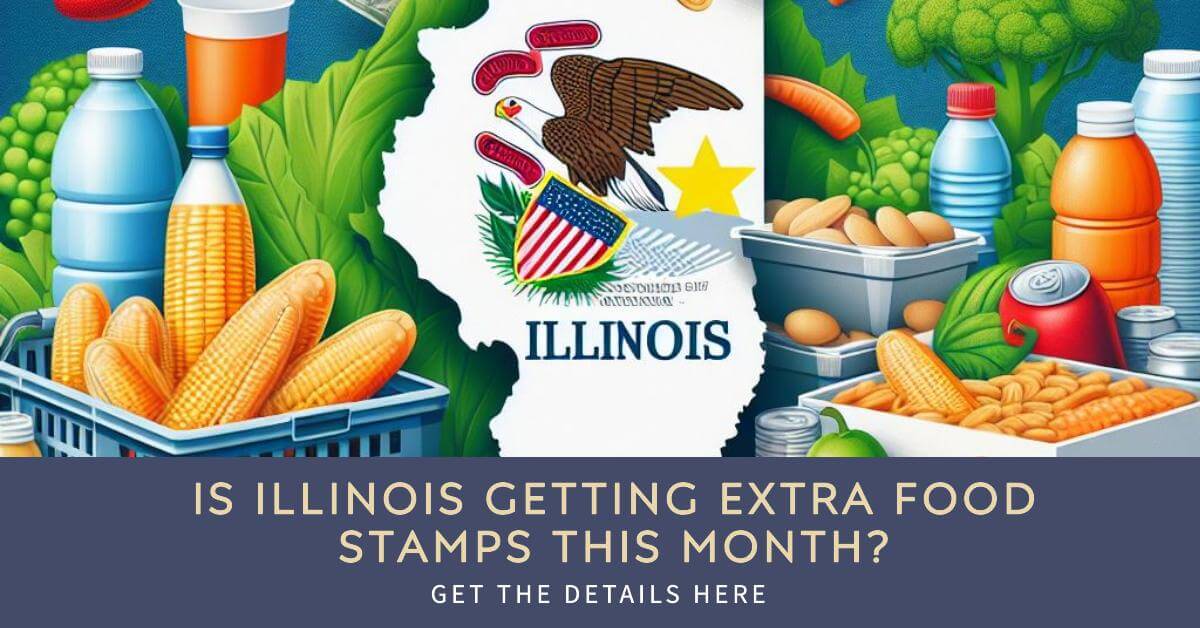Getting food stamps, now called SNAP benefits, can make a big difference for families struggling to afford groceries. But sometimes people end up having to pay back some or all of the SNAP money they received. This happens if their household situation changed, but they didn’t report it properly.
This article explains what can cause you to owe money back for SNAP overpayments. It covers the different types of overpayment errors, how the repayment amounts get calculated, penalties for intentional violations, and ways to appeal or reduce the debt you owe. You’ll also learn what household changes must be reported to avoid overpayment issues in the first place.
If your household got more SNAP benefits than you truly qualified for based on your income, expenses, and circumstances, you may have to repay the extra amount. Failing to update the SNAP agency about changes in your household can lead to accidentally receiving too much in benefits. In some cases, intentionally providing incorrect information to get more benefits is considered fraud.
Whether due to an honest mistake or purposeful rule-breaking, having to pay back SNAP benefits can really strain your budget. Read on to understand all the details around food stamp overpayments and repayment requirements.
Common Reasons for Food Stamp Overpayments

There are a few key scenarios that can lead to SNAP overpayments and potential repayment requirements:
- Not reporting income changes: Households must report increases in income or new income sources, as higher income can impact SNAP eligibility and benefit levels. Failing to report these changes can result in overpayments.
- Inadvertent household mistakes: Simple mistakes or misunderstandings when reporting household information like expenses, income, or household members can cause agency errors in calculating benefits.
- Intentional program violations/fraud: Purposefully providing false information or withholding key facts about your situation to receive higher SNAP benefits is considered fraud and an intentional program violation.
Types of Food Stamp Overpayment Determinations
When an overpayment is identified, the type of violation or error that caused it impacts how the claim is handled:
Agency Error Overpayments
If the overpayment was solely due to a mistake by the agency administering SNAP benefits, it is considered an “agency error.” While households must still repay these overpayments, the collection process is more lenient.
Inadvertent Household Error
Overpayments caused by unintended mistakes or miscommunications by the household, with no intent to deceive, fall under “inadvertent household error.” More stringent repayment terms may apply.
Intentional Program Violation (IPV)
This is the most serious violation, reserved for cases where the household knowingly provided inaccurate information or concealed facts in order to receive higher SNAP benefits fraudulently. IPVs carry penalties beyond just repayment requirements.
How Overpayments Are Calculated and Collected

The amount of overpayment owed is determined by calculating the difference between the SNAP benefits disbursed and the amount the household should have received based on accurate information.
If Still Receiving SNAP
For households still getting SNAP, the most common repayment method is a reduction in future monthly benefits until the overpayment balance is recovered.
Overpayment Collection Limits and Rates
- For inadvertent household or agency errors, the benefit reduction is typically capped at 10% of the monthly SNAP amount or $10, whichever is greater.
- For intentional program violations, the reduction can be up to 20% of the monthly benefit amount or $20, whichever is higher.
If Not On SNAP Currently
Households no longer receiving SNAP may be required to make cash repayments through an installment plan. Failing to repay can result in further collection methods:
- Intercepting federal or state tax refunds
- Garnishing portions of other benefit payments like Social Security
- Referring unpaid debts to private collection agencies
Penalties for Intentional Program Violations
Beyond repaying overpaid amounts, intentional violations of SNAP program rules carry significant penalties:
- First violation: 12-month disqualification from SNAP
- Second violation: 24-month disqualification
- Third violation: Permanent disqualification
Additionally, large-scale fraud may lead to criminal prosecution resulting in potential fines or imprisonment.
Appealing a Food Stamp Overpayment Determination
If you disagree with the overpayment amount or belief it should not have been assessed, you can appeal through a fair hearing process. Typical deadlines:
- Request hearing within 90 days of receiving the overpayment notice
- Benefits continue unchanged if requested within 10 days
At the hearing, you can present evidence disputing the overpayment determination or amount. Hearings are held before an impartial official who will decide if the agency properly established the overpayment claim.
Applying for a Compromise to Reduce Overpayment
If financially unable to repay the full overpaid amount, households can request an overpayment compromise to reduce or eliminate the debt.
Eligibility Criteria for Compromises
- Only allowed for inadvertent household or agency error overpayments
- Must demonstrate inability to repay balance within 36 months
Hardship Thresholds for Compromises
Ability to repay is based on earning potential over a 36-month period:
- For current SNAP recipients, calculations use 10% of monthly benefits
- For non-recipients, 3% of projected monthly SNAP amount is considered
If the total overpayment exceeds what could feasibly be repaid based on these income scenarios, a compromise may be approved.
Compromising Different Overpayment Types
- Agency errors: Compromise amount is based on household’s ability to pay over 36 months
- Inadvertent household errors: Compromise for at least 10-20% of claim, with remainder waived
Appealing Compromises Denials
If a compromise claim is rejected, the household can appeal and present their case at a separate fair hearing focused specifically on the compromise request.
Reporting Requirements to Avoid Future Overpayments
To minimize risks of future overpayments, it’s crucial households understand what changes in circumstances must be reported and the associated timeframes under SNAP rules.
Most households only need to report:
- Income exceeding 130% of the federal poverty line
- Submit six-month income reports for long certification periods
However, some household types like seniors/disabled, zero income, homeless, and migrant workers face stricter change reporting requirements within 10 days after the month a change occurs, including:
- Income changes over $100
- Household member changes
- New jobs/employment status
- Address/housing expense changes
- Asset value increases over limits
Staying compliant with reporting rules is key to avoiding inadvertent overpayments that must be paid back.
State-by-State Overpayment Rules and Processes
While the core SNAP program operates under federal guidelines, states can have some variation in how overpayments and compromises are handled.
For example, California allows compromises reducing claims by at least 10-20%, while states like New York have more restrictive overpayment compromise policies.
Be sure to verify the latest rules and processes in your particular state when dealing with a SNAP overpayment situation.
Getting Legal Help for Food Stamp Overpayments
Given the complexities around SNAP overpayments, compromises, and fair hearings, seeking legal counsel is highly advisable if facing a significant repayment demand.
Organizations like legal aid societies and non-profit law firms may be able to provide free or low-cost representation for eligible low-income households contesting overpayment claims or negotiating compromises.
Having an experienced advocate increases the likelihood of achieving a fair outcome and taking advantage of all rights in the process.
Whether due to an honest mistake or potentially more serious program violation, having to repay food stamp benefits can impose financial hardship. Understanding the reasons overpayments occur, repayment and appeals processes, compromise opportunities, and preventative measures through proper reporting is crucial for SNAP recipients.
